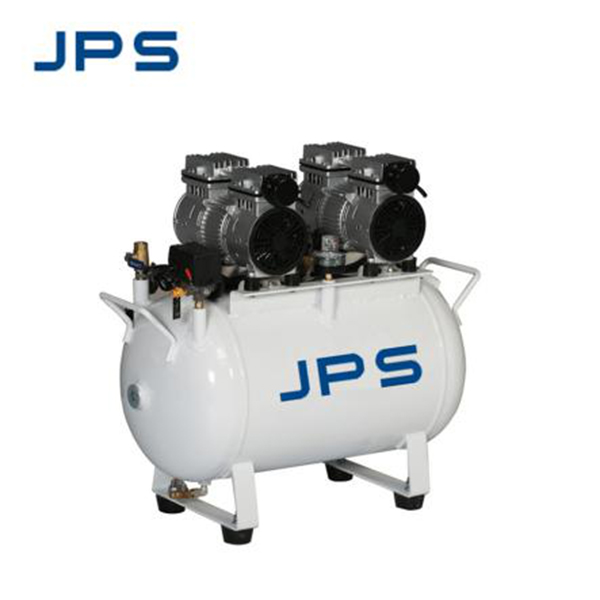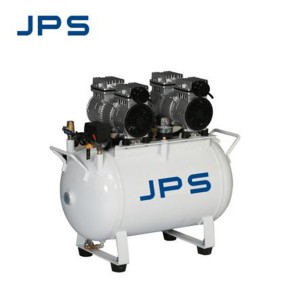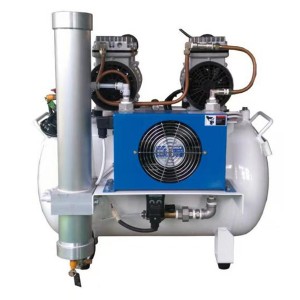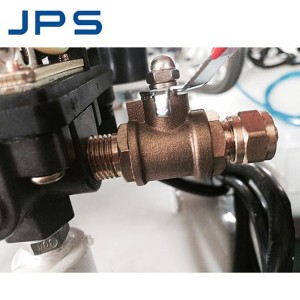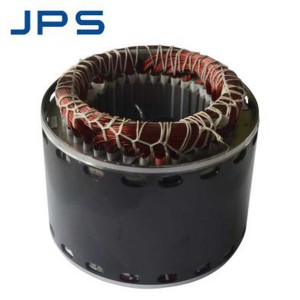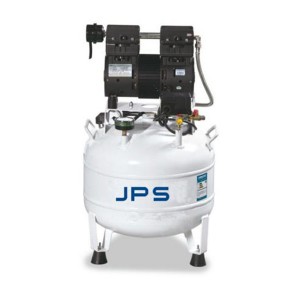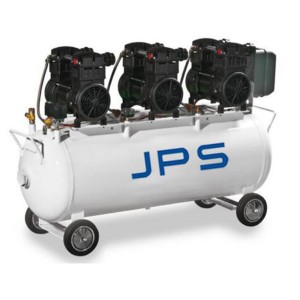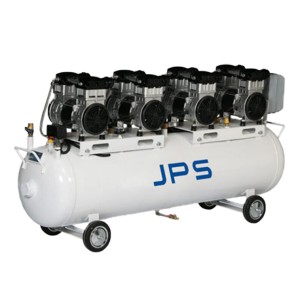Best Price High Quality Portable Oil Free Silent Dental Air Compressor YHT-200
Our air compressor is from one of the toppest brand in China. 20 years of production experience, unique product design and process application and perfect management system ensure the stable quality of products and establish the position of our brand in the field of oil-free air compressor.
Air compressor is a commonly used machine in production equipment. It is no stranger to many enterprises.But for the choice of air compressor brand, many customers are often in a tangle of contradictions.Silent oil-free air compressor is a small piston type air compressor, often called silent oil-free air compressor.Medical silent oil-free air compressor generally needs high quality compressed gas. The machine needs strong reliability, silence, and the output air can directly contact the human body.
Our oil-free compressor is specially designed for supplying oil-free dry healthy medical grade clean air in medical field. Especially in oral clinic and hospital, it can satisfy the demands from one to hundreds of dental chairs, suitable for different request. Silent box, dryer and filtration system can be added, so as to reduce the noise, improve the pressure dew point and filter accuracy.
1.Oil Free Design For Stable Oil Free Air Supplying.
2.Automatic Start-Stop Controlled By Pressure Switch, prevent burn out, ensure the safety of use.
3.Promise to adopt pure copper coil, good heat dissipation and long service life.
4.4mm air tank thickness, inner and outer fully sprayed with plastic.
5.Adopt precision parts, important parts have CE certification to ensure product quality.
6.Special plastic spraying process, good corrosion resistance
7.Could be used when the power is connected.
8.No need lubricate oil for maintenance.
9.Single phase and three phases with low fault rate and longer usage life.
10.Easy operation, low fault rate and long service life.
|
MODEL |
VOLTAGE |
MAX AIR FLOW |
MAX PRESSURE |
|
YHT-200 |
220V |
300L/min |
0.75Mpa |
|
Rated Power |
Rotation |
Tank |
Measurement |
|
750W*2 |
1450RPM |
60L |
720*400*700mm |
Dental oiless compressor is a commonly used machine in dental clinic and hospital. It is no stranger to many enterprises. But for the choice of dental air compressor brand, many customers are often in a tangle of contradictions. Silent oil-free air compressor is a small piston type air compressor, often called silent oil-free air compressor.Medical silent oil-free air compressor generally needs high quality compressed gas. The machine needs strong reliability, silence, and the output gas can directly contact the human body.
Our oil-free compressor is professionally designed for supplying dry oil-free healthy medical grade clean air in medical field. Especially in oral clinic and hospital, it can satisfy the needs from different quantity of dental chairs, suitable for different request. Silent box, dryer and filtration system can be added, so as to reduce the noise, improve the pressure dew point and filter accuracy.
1. Supply 3-4units dental chairs.
2. Dual separated electric motors design, can keep working even one is broken.
3. Oil free design for healthy oil free Air supplying.
4. Automatic Start-Stop , prevent burn out, ensure the safety of use.
5. Adopt pure copper coil, good heat dissipation and long service life.
6. 4mm air tank thickness, inner and outer fully sprayed with plastic.
7. Adopt precision parts, important parts have CE certification to ensure product quality.
8. Special plastic spraying process, good corrosion resistance
9. Small body to save space.
10. No need lubricate oil for maintenance.


